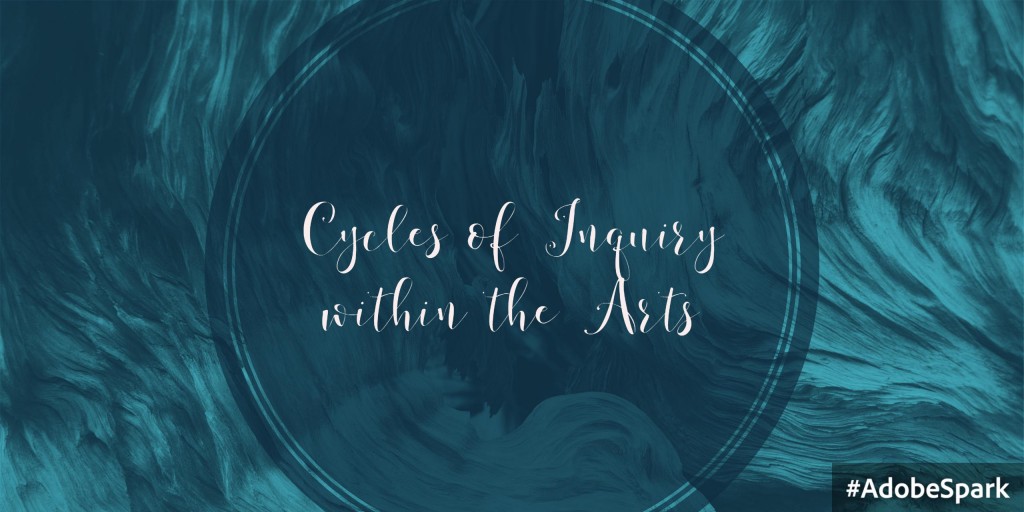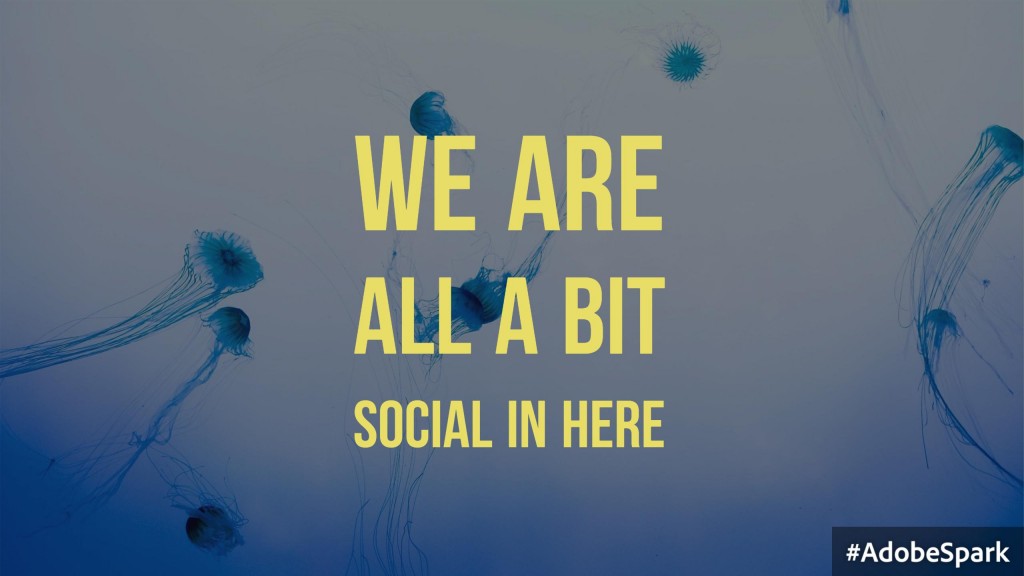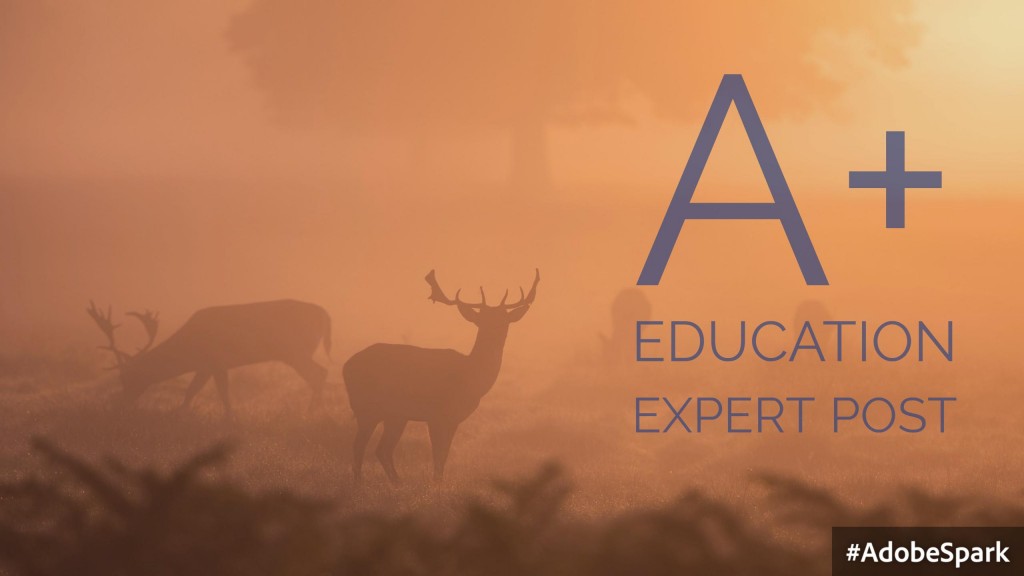Comment here for Peer Feedback
Blog is having some technical issues. for Module 2 peer feedback please if possible comment here?
I can copy and paste them across. sorry for confusion!

Blog is having some technical issues. for Module 2 peer feedback please if possible comment here?
I can copy and paste them across. sorry for confusion!
Please Find Snips Below on my peers Curation and Responses.
I found this process of peer reviewing to be highly beneficial, I need to be able to read over my feedback and process the information. Otherwise it becomes a barrage of criticism that I struggle to process. This way I was more suited to my personality. I tried to be critical and helpful, while always using the compliment sandwich or 3-1 ratio of positive feedback to negative feedback. We all need to hear what we are doing well. Me especially so, as it gives me a solid basis from which to work and develop.
When I set forth on this initial journey, wandering into the as to yet, unknown world ahead. I had a passing knowledge of what Inquiry-Based Learning was, though admittedly was still unawares as to how it could be implemented within my own classroom and TL practice. I was also intensely engaged in my own personal inquiry into The Wander Society, I wanted to link these two seemingly disparate ideas together. For really, wasn’t their essence and process much the same? Unsure as to what benefit Inquiry-Based Learning would have within classrooms if embedded in the pedagogy of all subject’s.

Can a Transdisciplinary Arts Inquiry-Based Learning Cycle transform secondary arts education and the learners?
With the secondary question of: How do we design a transdisciplinary arts cycle?
Being a cross curricular Arts educator, I want to create a program wherein all key arts areas are integrated and build on one another to answer a series of important questions, culminating in an arts performance and/or exhibition. Throughout the academic world there are only a number of researchers who have explored the value of transdisciplinary Inquiry-Based Learning cycles within and across the Key Learning Area of The Arts in secondary education. Within this research, many of the findings relate to a primary based education setting, wherein the process has been found to have profound results for both the students but also the teachers (Montgomery, 2015). Youth Learn, in their highly comprehensive document Inquiry Based Learning: An Approach to Educating and Inspiring Kids, state in simple terms that an Inquiry-Based Learning approach is flexible and “works well for projects that range from the extensive to the bounded, from the research orientated to the creative” (2016, p.1). The Ontario Capacity Building Series into Inquiry Based Learning (2013) also states that this process requires learners to “engage in evidence-based reasoning and creative problem-solving”( p.2). As a process, IBL lends itself remarkably well to the current pedagogical styles of The Arts. So why are the Arts and IBL not linked more implicitly? Is it because to be effective a true IBL cycle needs to be built on collaborative teams, and to span across a number of disciplines?
The selection process for this curation collection was based on the concept of Transdisciplinary Arts Inquiry-Based Learning Cycles. The documents present a range of Blogs, webpages and academic articles which outline the potential transformative power of aligning Inquiry-Based Learning and Arts Education. Documents reliability and relevancy were gauged by implementing a simple CRAAP test, which entails critically assessing the document for a number of aspects. Below is my interpretation of the test.

Today we wander into the murky depths of social media, shining a torchlight on the process of expert searching using non academic databases.When one considers searching for information, particularly academic information looking towards Social Media is not often the first thing that we consider. However, within the world of Web 2.0 and social media there is a wealth of information that is ripe and just waiting for the picking. If I am honest, I was pleasantly surprised with the quality of information. Being a highly regular social media user, I was eager to apply my new search methods to different databases outside of the usual academic searches. For the purpose of this post we will only be shining the spotlight on YouTube and Pinterest.
ProQuest is the go to academic database for K-12 to Academic Researchers. As a database it is highly reliable, providing thorough tutorials and links to assist you in your first interactions with their site you can access this wealth of information here. Aside from this ProQuest is a exceedingly valuable and relevant database that provides an excellent source of information/ links and articles. By this stage of my inquiry, I had spent a bit of time on A+/ Google and Google Scholar. So am launching straight into my expert searches and their effectiveness in illuminating my learning path.
“Chance furnished me what I need, I am like a man who stumbles along; my foot strikes something. I bend over, and it is exactly what I need” (Joyce. J, (1922), Ulysses) Taking my cue from Joyce, it wasn’t chance that led me to my most effective search results, it was skill and expertise. Expertise that we will be outlining within this and the following posts, exploring the most effective means of finding answers to my inquiry. With this in mind, I started small with my search string in Proquest and incrementally increased the complexity of the string to ultimately find the majority of the texts that will be explored within the curation post. Frustratingly, I discovered that still the majority of the results were not linking with my subjects (film, drama, visual art or media arts) or The Arts in general. This was despite my progression with my search strings and my planning.
When exploring the internet, searching for anything, Google is the go to search engine. So frequent and pervasive is this use, that now “Google” has become a verb in everyday language. Everyone has used Google at one point in their daily habits, some of us more than others. However, many users are not experts and are only reaping half of the rewards that Google has to offer. Throughout this post we will be exploring what is considered expert level searching. By deconstructing the concepts and writing formulaic search strings, expert searchers are able to delve into a wealth of information that the non expert can only dream of. I hear you asking “what does expert searching look like?” Followed by “how does one write a correct search equation?” Well my friends, I am here to set your mind at ease. First though, Google and its uses.

A+ Education is an Australian database, as such many of the results for this particular search into Inquiry Learning and Arts Cycles will pertain to the Australian Curriculum. A+Education, as with all of the search engines, is much more successful when logged in with your institution. A+ Education, like Google and Proquest offer the user an option to use an advanced search. The Advanced search guides your search and then turns your phrases into a search string using the correct operators. However, for the purpose of this task, that is cheating. Informit, who are the provider of A+ Education Database, provide a number of highly accessible documents and are able to hold the hand of any less confident searchers who come across their database.
| Please Note: This initial post was still full of a number of errors, if you want to see how easy it is to go wrong with “Expert Searching” then this is the post for you. It is detailed and very exploratory. If, on the other hand, you are looking for an expert searching post, then the posts above this will be more to your needs. |
If I am honest with myself and you, these series of posts have been rather daunting for me. Although I enjoy writing immensely, I have never been very good at journaling, or writing on a regular basis regarding a certain topic. Instead, I seem to dive in and do it in one go, so as you can imagine, being put on the spot to write an exploratory journal is something that has my stomach in a bit of a whirl. Nevertheless, this sense of nervousness need not daunt me, it merely means I have more to explore. The following is an outline of my discoveries within my first wanders or journeys or forages into the realm of Inquiry Learning using Google and Google Scholar. In the previous post I outlined my intention to link this exploration and inquiry to the mindset of the Wanderers Society, approaching the task with an open mind and eager to see what information is hidden directly in front of me hiding behind some clever search strings. I urge you to grab a cuppa and get comfortable, because this will not be a short post. I do like to go on a bit sometimes.
When I realised last semester that I was studying Inquiry Learning in semester 2, I (being typically me) jumped in and tried to find as much information as I could to get my head around the topic. I then realised I should have been documenting every step of my searches to illustrate the progression of expert searching and associated concepts. It wasn’t the end of the world however, my search strings had been rudimentary at best, with only marginal yields and very little of value. That is not to say that it was all useless, but the majority of the information was of little help to me.